Green Okinawa (17) Japanese labels for environmentally-friendly products
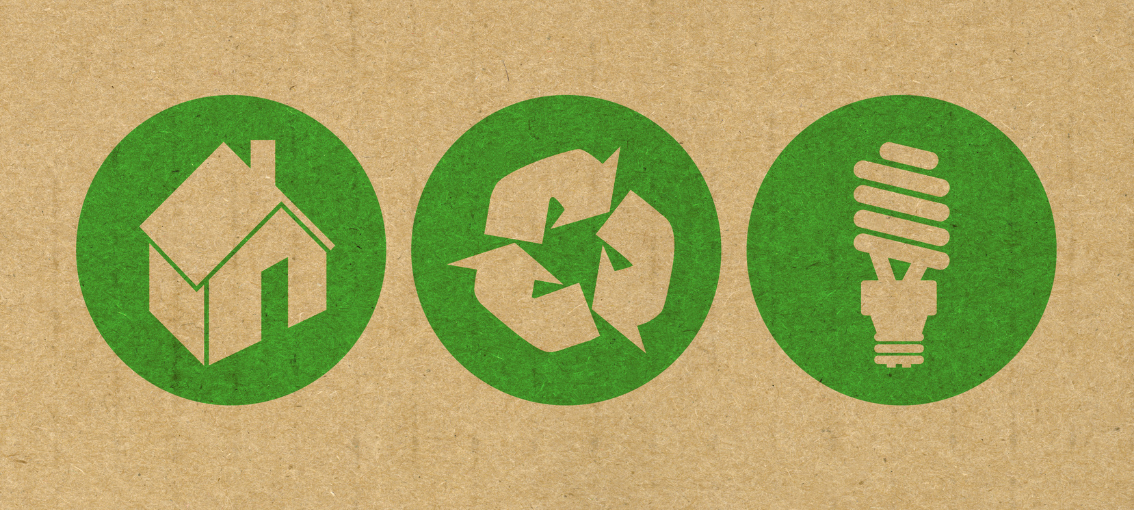
Dear OISTers,
In the spirit of learning from each other, the Resource Centre is compiling information on how to be more environmentally friendly in Okinawa. Share your knowledge with us and we'll share it with fellow OISTers!
Labels on products can help inform you whether something is made sustainably. We try to decode the labels for you in this Green Okinawa post. Have a look for these labels when you go shopping!
Recycled materials
-
Not all products made from recycled materials have a logo, but shoppers can look for descriptions meaning "recycled paper": "再生紙(saisei-shi)" or "古紙(koshi)".
-
Ecomark logo is a general logo for items that have been produced in a more environmentally friendly way. The logo looks like a letter "e" giving itself a little hug!
-
Recycled pape logo means the product is made from recycled paper. The logo looks like a capital letter 'R' followed by a number for the proportion of material that is recycled.
-
Showa seishi(昭和製紙) is an Okinawan manufacturer making paper towels and toilet paper (e.g. coreroll) from recycled materials http://www.syouwa-seishi.co.jp/product/
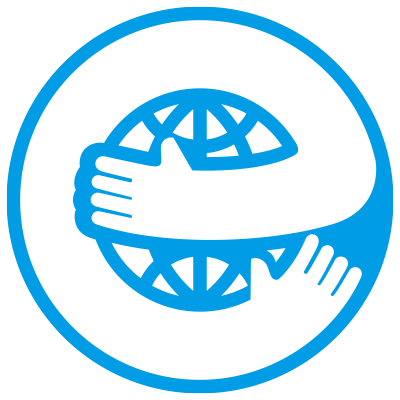
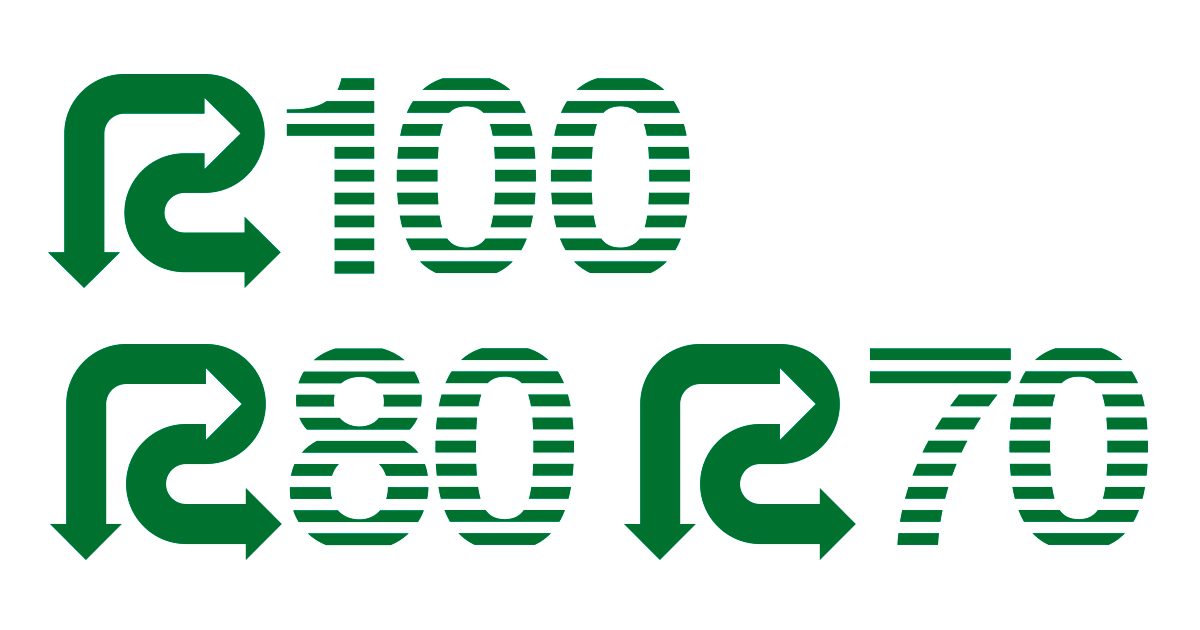
Above: Eco mark logo(2) Above: Recycled paper logo(3)
Forest Stewardship Council - FSC
-
Products made from sustainable wood have the FSC logo, which means it has the 'Forest Management Certificate' issued by the Forest Stewardship Council.
-
Look out for the FSC logo on tissue paper, stationery, books, and some wooden toys.
Above: Examples of the FSC logo on the products
Certified Sustainable Palm Oil
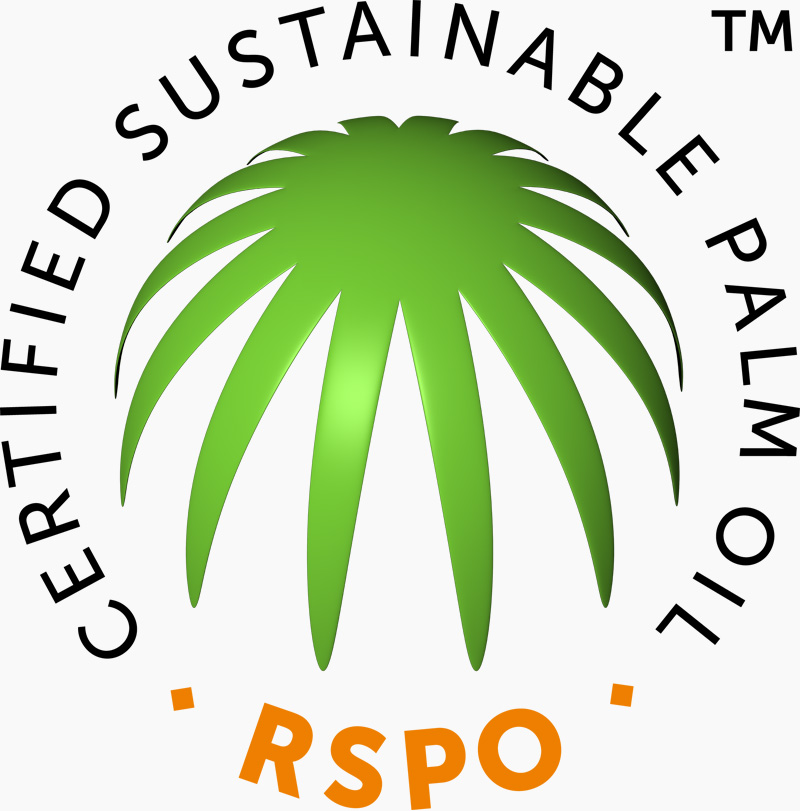
-
Palm oil is an ingredient of many home cleaning products, personal care, cosmetics, and food. Palm oil plantations are often associated with deforestation in tropical areas.
-
Look out for the 'Certified Sustainable Palm Oil' logo that helps to reduce deforestation (link).
Rainforest Alliance Certification
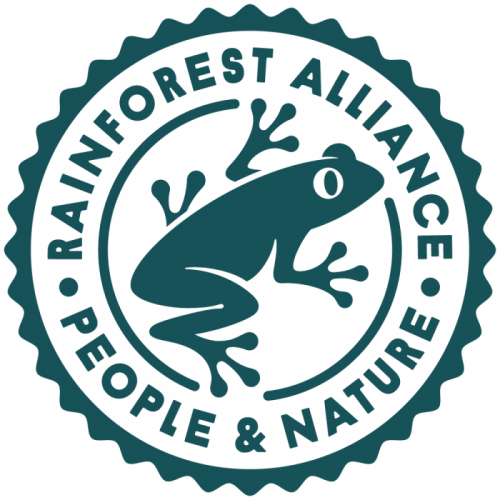
-
The Rainforest Alliance certifies various products according to principles of protecting forests, climate, and human rights (link).
JAS (Organic JAS mark logo)
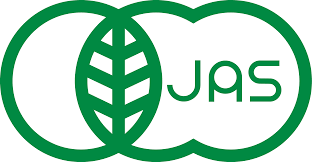
-
Food with this logo has been grown using less pesticides and chemicals (link).
Cage-free Eggs
-
If you find a description on the package "平飼い", it means the eggs are harvested from the cage-free chickens.
Sustainable Seafood
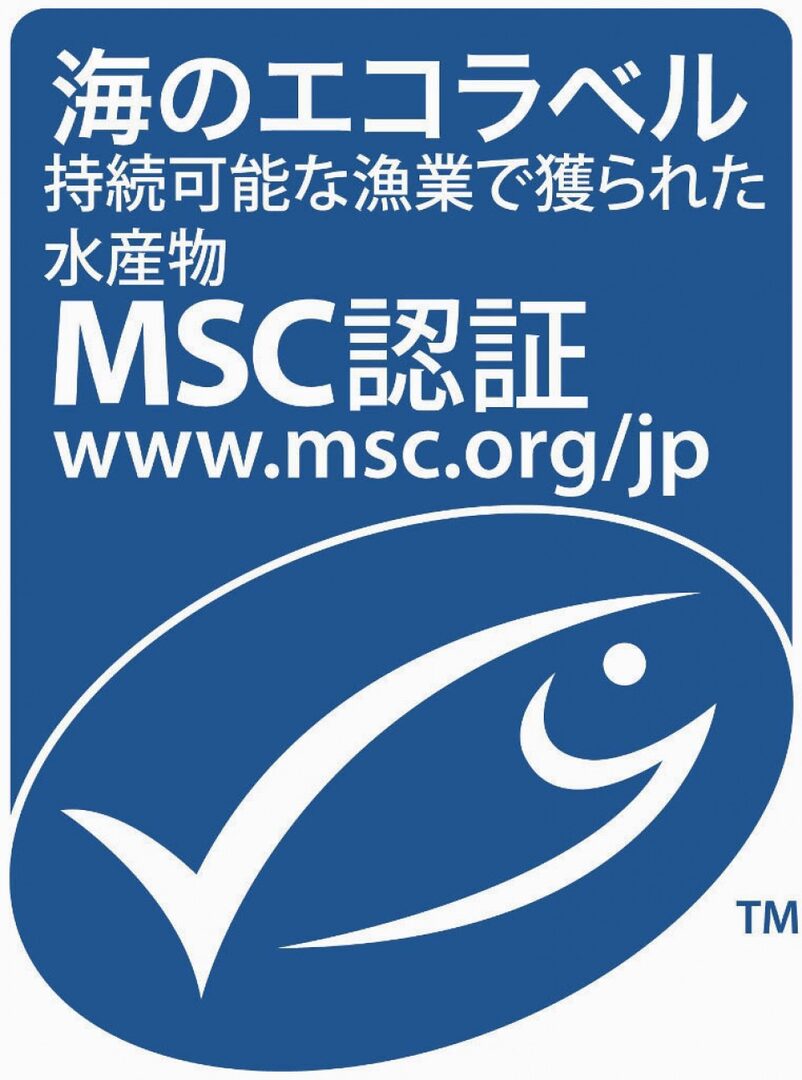
-
If you are looking for sustainable seafood, MSC (Marine Stewardship Council) label would help you (link).
Bumblebee logo
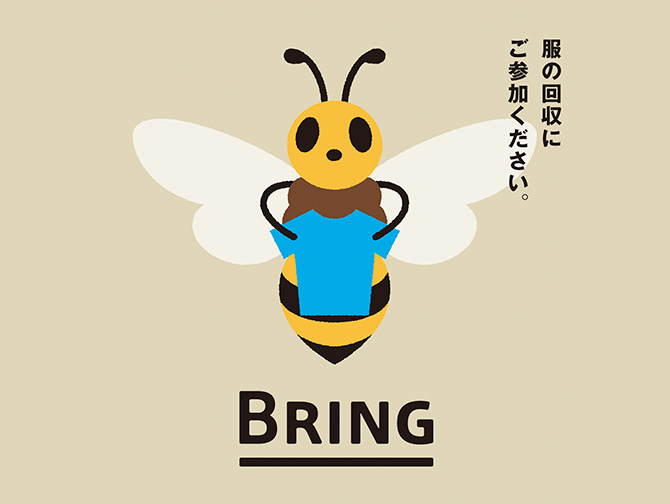
-
The Bumblebee logo for the 'BRING' campaign means there is an in-store recycling service! It could be old plastic toys or unwanted clothing.
-
Some stores such as MUJI and UNIQLO are part of this 'BRING' effort. Unfortunately, not in Okinawa.
Eco labels database
- Ministry of the Environment (Japanese only - link is auto-translated)
Not all sustainability standards are the same, and one can dispute whether they go far enough. But they function to improve the sustainability of these products and the labels can be a guide to shoppers.
Read other Green Okinawa posts in the series here
Contact us here
Photo credits:
- eco-pro.com
- ddc.co.jp
- jp.fsc.org
- palmoilguide.info
- rainforest-alliance.org
- maff.go.jp
- goods.jccu.coop
- ryohin-keikaku.jp
The post was developed in collaboration with Michi, M.S., and Kate Whitfield, and Yoshimasa Nakamura(OIST Resource Centre).



